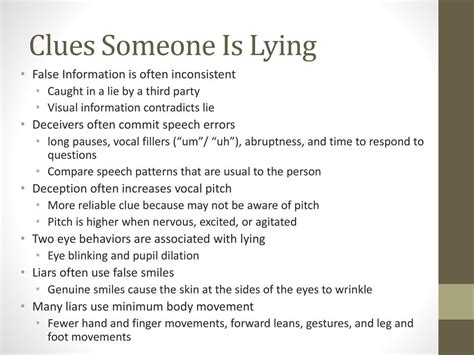Deceptive Clues: Understanding "They Just Want to See How We'll React"
The phrase "They just want to see how we'll react" often surfaces in discussions about manipulative behavior, power dynamics, and uncertainty. It hints at a deliberate strategy of testing boundaries, gauging responses, and potentially exploiting vulnerabilities. Understanding this phrase goes beyond simple observation; it requires deciphering the underlying motivations and potential consequences. This article delves into the complexities of this deceptive tactic, exploring its various contexts and offering strategies to navigate such situations effectively.
What Does "They Just Want to See How We'll React" Really Mean?
At its core, the statement suggests a deliberate attempt to provoke a response. The "they" can refer to individuals, groups, or even systems. Their actions, whether overt or subtle, are designed not for any immediately apparent purpose, but rather to assess the reactions of others. This observation is key because it points to a lack of transparency and a potential for hidden agendas. The true intentions are masked under a veil of ambiguity, making it difficult to determine the underlying motivations.
Why Do People Employ This Tactic?
Several reasons underpin this manipulative behavior:
-
Power Dynamics: Those in positions of power may employ this tactic to assert control and maintain dominance. By observing reactions, they can reinforce their authority and predict future responses to their commands or directives.
-
Testing Boundaries: Individuals might use this approach to explore the limits of acceptable behavior. They push boundaries subtly, observing the reactions to determine how far they can push before encountering resistance.
-
Gathering Information: This tactic can be a form of intelligence gathering. By observing reactions to specific actions or statements, individuals can learn about vulnerabilities, weaknesses, and potential allies or enemies.
-
Manipulation & Control: Perhaps the most insidious use is the manipulation and control of others. By provoking specific responses, individuals can steer the course of events and manipulate outcomes to their advantage.
How to Identify This Behavior
Identifying this manipulative tactic requires careful observation and critical thinking. Look for patterns of behavior that seem designed to provoke a reaction, rather than stemming from clear communication or genuine needs. Consider these indicators:
- Ambiguous Actions: Actions lacking clear explanations or rationales.
- Provocative Statements: Statements designed to elicit a strong emotional response.
- Inconsistency in Behavior: Actions that contradict previous words or commitments.
- Lack of Transparency: A general unwillingness to openly communicate intentions.
- Unequal Power Dynamics: The situation involves a power imbalance where one party has more control or influence.
What if They're Testing Me? How Should I Respond?
This is a crucial question, and the answer depends on the context and the specific relationship. There's no one-size-fits-all response. However, some strategies can help navigate these situations effectively:
1. Remain Calm and Observe:
Avoid reacting impulsively. Take a step back, observe the situation, and analyze the intent behind the actions.
2. Communicate Directly (But Carefully):
If appropriate, address the ambiguous behavior directly. Express your concerns calmly and clearly, focusing on the observed actions rather than making accusations. For example, you could say, "I've noticed some inconsistencies in your recent actions. Can we talk about what's going on?"
3. Set Boundaries:
Establish clear boundaries regarding acceptable behavior. This prevents further manipulation and empowers you to take control of the situation.
4. Document Everything:
Keep a record of the events, including dates, times, and specific details of the interactions. This documentation can be valuable if the situation escalates.
Frequently Asked Questions
How can I tell the difference between genuine curiosity and manipulative behavior?
Genuine curiosity usually involves open communication and a willingness to understand. Manipulative behavior, on the other hand, tends to be secretive, controlling, and aimed at achieving a specific goal.
What should I do if someone is constantly trying to see how I'll react?
Maintain your composure, set clear boundaries, and communicate your concerns directly. If the behavior continues, consider limiting your interaction with that person.
Is this tactic always malicious?
Not necessarily. In some cases, it might stem from insecurity or a lack of communication skills. However, even well-intentioned attempts to gauge reactions can be damaging if handled poorly.
Can I use this tactic myself?
While understanding this tactic is valuable, using it to manipulate others is ethically questionable and can damage relationships. Open and honest communication is always preferable.
In conclusion, understanding the phrase "They just want to see how we'll react" requires a nuanced perspective. It's a signpost indicating potential manipulation and power imbalances. By recognizing the signs, understanding the motivations, and employing strategic responses, you can navigate these complex situations effectively and protect yourself from exploitation. Remember, setting boundaries and prioritizing clear, open communication are crucial in mitigating the harmful effects of this deceptive tactic.

